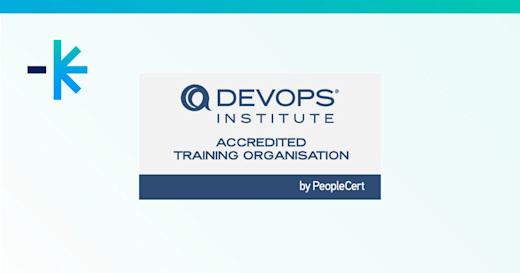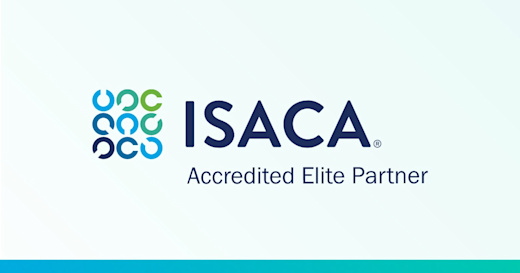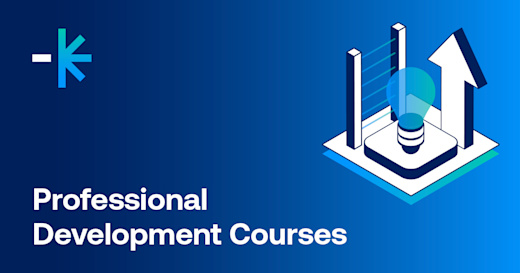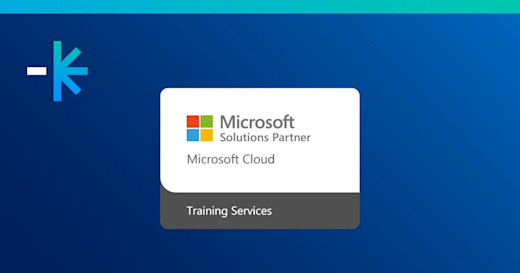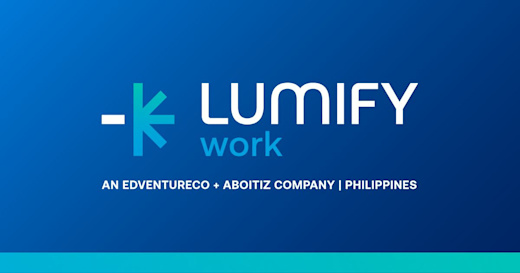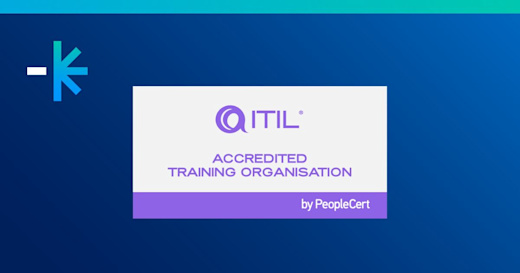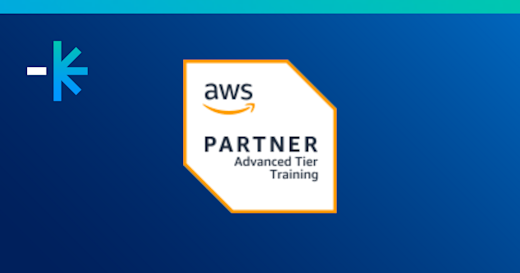Think about the projects your organisation has set out to do in the last 12 months. How many were considered successful? How many failed?
According to the Standish Group’s most recent and final CHAOS Report in 2020, almost 70% of IT projects are either challenged or fail outright:
50% are challenged—over budget, over time, and/or missing features
19% are failures—cancelled before completion or never implemented
When projects fail, the first culprits we often point to are budgets, timelines, or scope. But if you dig deeper, most troubled projects have one common thread: Stakeholder Engagement.
This aspect of the work is often overlooked. With the right project management training, you can equip those who lead projects with skills to coordinate with stakeholders.
After all, projects are not just about tasks and deliverables—they are about People. People who fund, approve, use, or are impacted by the change. And unless those people are engaged meaningfully, the best project plan in the world can still fall apart.
Beyond Communication, Stakeholder Engagement is About Relationships
Stakeholder engagement is one of the critical success factors of project management. But many project managers think it means sending out status reports or hosting a few meetings. The features the team has built so far, the tasks completed, and the number of bugs identified and fixed.
But what is Stakeholder Engagement? First, let’s think about what a stakeholder is. The Project Management Institute lists various definitions:
One that has a stake in an enterprise.
One who is involved in or affected by a course of action.
Someone with an interest in the outcome of a project, either because they have funded it, will use it, or will be affected by it.
A group or person who has interests that may be affected by an initiative or has influence over it.
Based on these, we can agree that a stakeholder is an individual, group or entity that can impact or be impacted by some outcome.
Through IT project management training, you can understand how stakeholder engagement goes deeper. It’s about building trusting relationships, understanding stakeholder concerns, and making them feel that their voices matter.
Engagement means listening as much as speaking. If stakeholders see their feedback shaping the project, they become allies instead of critics.
When creating your stakeholder engagement strategy, consider this advice from the PMBOK® Guide:
Requirements include the quantified and documented needs and expectations of the sponsor customer and other stakeholders.
In other words, consider, discuss and make a record of what your stakeholders expect as a project outcome.
Early Stakeholder Engagement Prevents Late Surprises
How many times have projects run smoothly until the end—only to be derailed by last-minute objections from a key stakeholder? That usually happens because they weren’t engaged early enough.
To reduce the chances of this, you can ask some questions during project planning. Responses aid in defining what a good outcome means for everyone involved. It can help you agree on mission-critical features, nice to haves to work on later, and even what good stakeholder engagement means within the project:
What are the expectations of my stakeholders?
What expectations do YOU want to set for your stakeholders?
As a project manager, what is your job when it comes to project stakeholders and their expectations for the project's outcomes?
Bringing stakeholders in from the start helps uncover risks, assumptions, and hidden requirements before they become costly rework. Early engagement results in fewer nasty surprises later. You can learn more about planning through project management training such as PRINCE2® courses, APMG International courses and PMBOK courses.
Lessons from Project Management Training: Collaborating and Building Ownership
Projects succeed when stakeholders feel they own the outcome just as much as you do, not when it’s forced upon them. Ownership leads to support, advocacy, and smoother adoption.
For example, in a banking project, engaging frontline staff during requirements gathering ensures that when the new system goes live, they are not just trained but actually champion its use.
During Project Management training sessions with Lumify Work, my students often surfaced the importance of collaboration. This involves asking for input from consultants, decision-makers AND the end users who will ultimately feel the effects of a project in their day-to-day work and life.
These reflections echo findings from a Geneca project management survey.
78% of respondents felt the business is usually or always out of sync with project requirements and business stakeholders need to be more involved and engaged in the requirements process.
Practical Tips and Project Management Training for Better Stakeholder Engagement
Project management training can help provide a structured approach for stakeholder management. You can then validate your project management skills through PRINCE2® certifications, APMG International certifications or PMI certifications. In the meantime, here are some general guidelines you can apply.
Map Your Stakeholders: Identify who they are, their level of influence, and their key interests.
Tailor Communication: Not everyone needs the same level of detail. Customise your updates accordingly.
Engage Continuously: Don’t wait for crises—keep the dialogue ongoing.
Listen Actively: Create spaces for feedback and genuinely act on it.
Show Value: Remind stakeholders how the project benefits them and the organisation.
Final Word: Project Management Training and Tools
Along with methodologies and frameworks, tools are important. Whether they're project management software to organise tasks, a RACI (Responsible, Accountable, Consulted, Informed) chart, or a physical Kanban board with post-its, they help facilitate discussions and create spaces where project team members and stakeholders can share feedback.
Stakeholder engagement is the human glue that holds a project together. When people are listened to, respected, and involved, projects have a far higher chance of delivering real success. If you can win over your stakeholders, you can win your project.
Project management training and certification from authorised and accredited organisations like Lumify Work Philippines (aka DDLS Aboitiz) is therefore critical. It ensures that project leaders and teams are equipped with structured and process-based approaches to effective project management across industries. Download our Project Management eBook.





